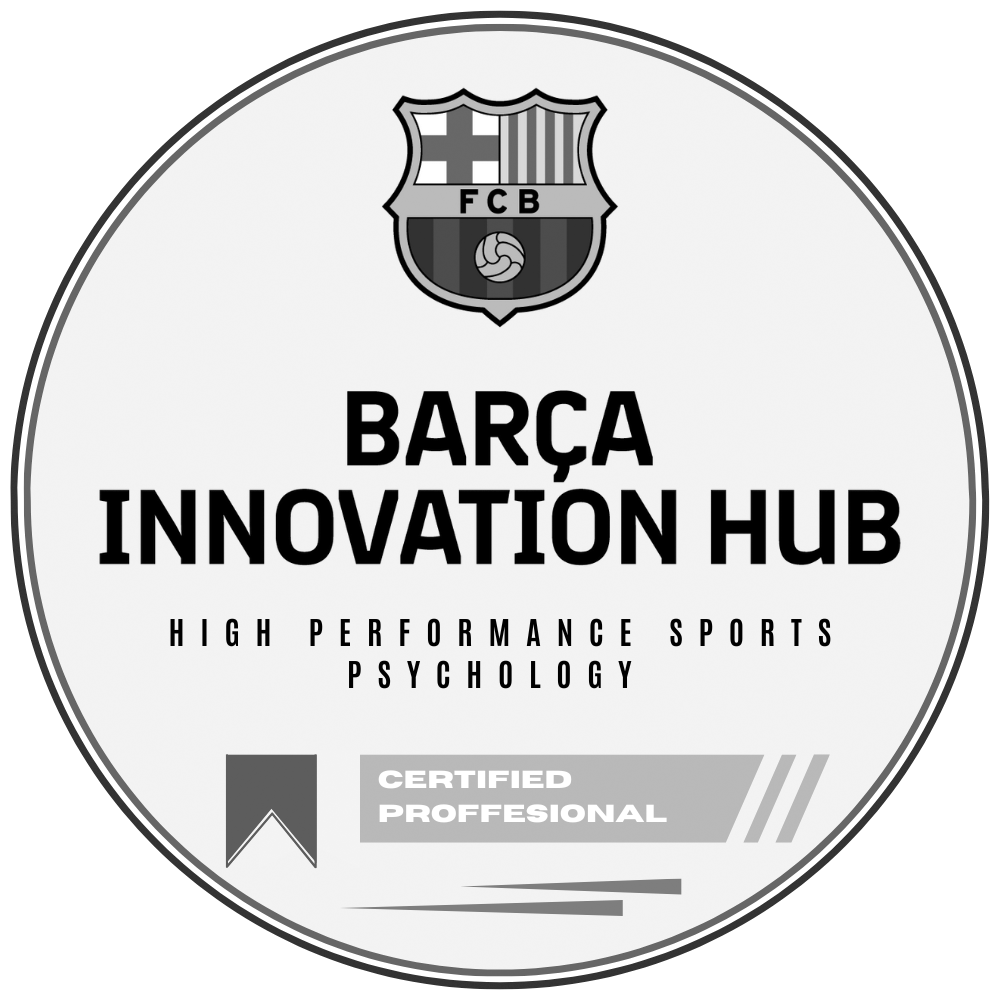Unleash the Power Within – Anthony Robbins
Confidence does not grow in isolation. It needs friction, reflection, and sometimes another set of eyes to show you what you cannot see. A coach does not hand you confidence. They help you uncover it in yourself.
I will never forget a mentor who once told me to reframe hesitation as curiosity. Instead of asking What if I fail? he suggested I ask a different question What do I need to clear inside myself to bring my best self to this moment? That single shift turned fear from a barrier into an invitation.
Great coaches do this again and again. They shine a light on the blind spots you cannot see, not to expose weakness but to reveal the potential hidden behind it. Most people think their lack of confidence comes from ability. More often, it comes from awareness. You cannot prepare for what you cannot see.
When I studied in Buenos Aires with Rubén Magnano, the Argentine coach who led his team to Olympic gold in Athens, he said something that has stayed with me for the rest of my life: it all starts with a dream. And once you want that dream, each day take a step towards achieving it. That is what the best coaches do. They connect your dream to daily action and hold you accountable to the steps that compound into confidence.
I was skiing with world and Olympic champion Bode Miller in the Chilean Andes during a US ski team training camp as he prepared for the Olympics. He told me that fear never goes away at the start of a downhill race. The gates come fast, the mountain is unforgiving, and the margin for error is razor thin. His confidence came not from the absence of nerves but from the preparation and coaching that helped him channel them into focus. His coaches did not try to take fear away. Instead, they helped him see it as a signal that he was ready to push. That shift in perspective turned nerves into focus. Coaching at its best helps reframing fear, transforming it into fuel.
As Timothy Gallwey, who helped me change the way I think about mental performance coaching, wrote in The Inner Game of Tennis: “The opponent within one’s own head is more formidable than the one on the other side of the net.” Coaches help you face that inner opponent. They do not erase doubt. They teach you how to quiet the noise so you can act with clarity.
So think about this: what inner voice is holding you back right now? And how might the right coach help you quiet that voice so you can step forward with more confidence?
Building belief in yourself often feels fragile when you try to do it alone. You hesitate, you second-guess, you get stuck in the loop of doubt. Coaching interrupts that loop. The presence of a coach means someone else is holding the mirror, helping you see what you overlook and keeping you accountable to the steps you promised yourself. I have watched athletes and executives alike move faster under this kind of guidance than they ever could alone. What felt overwhelming became doable, because they were not walking the path in isolation. That is the real catalyst: not just encouragement, but structured accountability, a voice that reminds you of your dream on the days you want to quit. Growth comes when you realize you do not have to carry it all yourself.
What I have seen in athletes and executives, research has also proven. A study by Mellor and colleagues (2021) in the International Journal of Evidence Based Coaching and Mentoring found that structured coaching interventions significantly reduced imposter syndrome by increasing accurate self-awareness and reinforcing preparation strategies. When people saw themselves more clearly, their confidence rose.
Closing Thought
Confidence is not about perfection. It is about perspective. Coaching helps you see what you cannot see alone and gives you the courage to keep stepping toward your dream.
So here is the question: who in your life is helping you see yourself more clearly? And If hesitation were no longer in the way, what step forward would you take right now?



.svg.png)










.png)


